If you’re wondering: Is SPC flooring any good? You’re not alone. This is the question that many homeowners are asking these days. While some people think SPC is just another plastic material, that couldn’t be further from the truth. These flooring materials have a few downsides that make them not the best choice for all homes. You must consider your budget and the areas that you plan to install the flooring in before making your final decision. Here are 19 important questions to ask yourself when choosing SPC flooring for your home:
SPC flooring is actually a type of vinyl. It’s commonly advertised as luxury vinyl flooring or waterproof vinyl. This flooring is made up of four layers, including an underlayment. It also offers cushioning and sound insulation. This flooring is becoming increasingly popular in today’s market, and many consumers are wondering: Is SPC flooring any good?? Let’s find out. Listed below are its pros and cons.
The pros of SPC flooring include a durable core and a waterproof surface. This flooring is extremely durable, but it can be hard on the feet. There are many SPC flooring options available, from tiles to luxury vinyl plank. Some brands have multiple layers, while others have more than one. In addition, the core material of SPC is made from a composite of plastic and compressed limestone powder. This layer makes the planks durable and protects them from scratches and other damages.
The biggest difference between WPC and SPC is the core layer. SPC has a thicker rigid core layer than WPC, making it softer underfoot. The thicker core layer also absorbs noise, and is therefore more comfortable to stand on for longer periods. However, both types of flooring offer a level of resistance to extreme temperature changes. While neither type of flooring is waterproof, topical spills shouldn’t be a problem.
There are two main types of SPC. Sheet SPC flooring is available in wide rolls that can be cut to size. SPC plank is the most common and popular. Its planks are approximately three inches wide, but you can find five or seven-inch versions to give a wider look to the floor. These floors are also moisture and water-proof. However, you should be aware of your home’s subfloor before installing SPC.
Whether SPC is the best option for your home depends on your budget. If you’re budget is tight, consider a DIY option or hire a professional. SPC planks come in boxes ranging from four to thirty square feet and can cover a whole room or entire home. Professional installation of SPC is generally affordable, but it can be expensive. Most contractors charge by the square foot, and extra fees may include moving furniture or preparing the space.
SPC is a great choice for high-traffic areas like hallways and entrance ways. Its water-resistance is also an attractive selling point for SPC vinyl. SPC vinyl installations are more expensive, but they can offer a greater profit margin. Besides being extremely durable, both SPC and LVP are easy to install. If you’re handy, you can DIY your flooring project and save a significant amount of money on the installation.
Installation of SPC floors is easy. They snap together with ease. With interlocking grooves in each plank, most products are designed to be easy to install. They can also be installed over hard surfaces such as hardwood or tile. Installation requires minimal preparation. Once you have finished the installation process, SPC planks snap together and are ready for your next project. There’s no need to do extensive floor preparation. Simply cut the planks with a utility knife and snap them into two pieces.
SPC vinyl flooring offers durability over LVPs that only use vinyl cores. LVP floorings often dent, but SPC is less likely to do so. Unlike wood, SPC vinyl floors don’t expand or contract with changes in temperature. So, if you’re thinking of installing new luxury vinyl flooring, SPC is one of the best options. It doesn’t expand or contract and it won’t dent. This makes it one of the most durable and flexible types of luxury vinyl flooring.


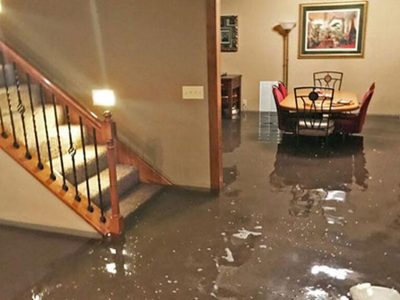
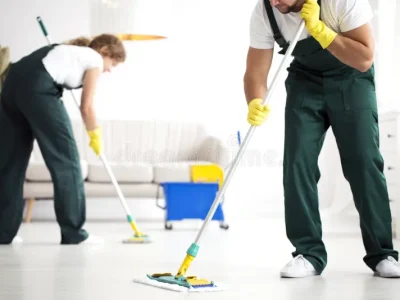
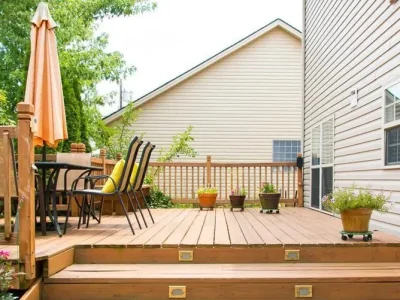
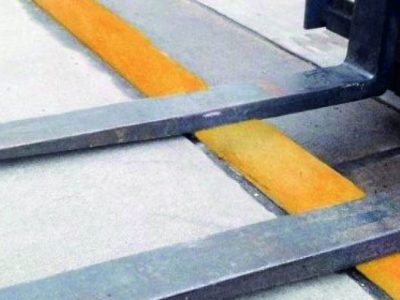
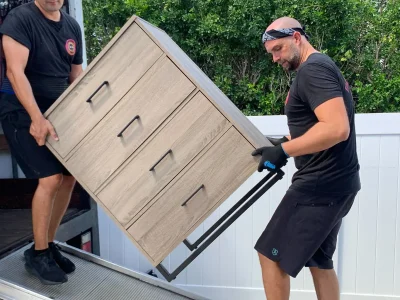

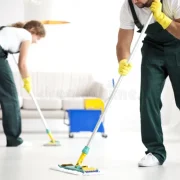

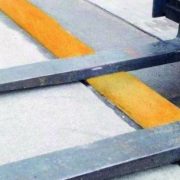
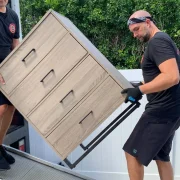
Comments